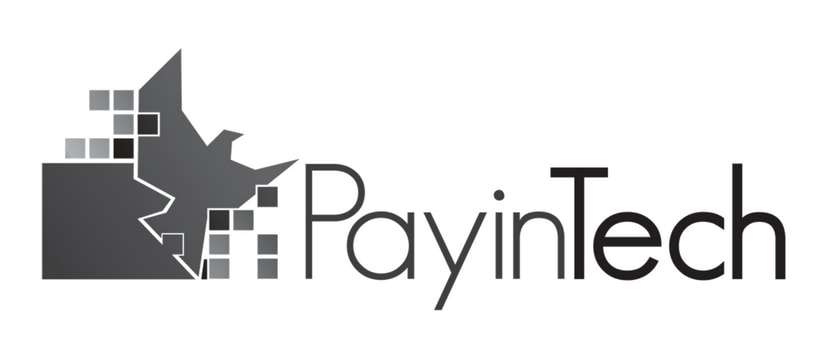Payment Bracelet: PayinTech Raises €4.5 Million

The Paris-based FinTech PayinTech –which focuses on proposing digital payment solutions for tourists visiting France– just raised 4.5 million euros. This series B round table has been led by Caisse des Dépôts which bought shares in their capital via a 2.5 million euros investment.
This start-up was founded in 2013. They crafted a payment bracelet for public and private entities in tourism, sports and entertainment industries. This bracelet is NFC compatible, enabling its users to pay for food and drink as well as other expenses.
Their Series A round table was carried out mid-2017, and the FinTech managed to attract more than 200 public and private structures in roughly 18 months. They now have 4.1 million users and report 20 million euros in annual payment volumes.
They are currently active in Europe, as well as other markets, including the Philippines, Morocco and Mali. They intend to further improve their international presence. These new investments should help them speed up the pace of their development, and address a greater number of industry players.
Comments – “Cashless” payments Keep gaining momentum
Cashless payments -using contactless payment bracelets, mobile apps, or disposable cards- have become mainstream at festivals and other major events. This payment method soon made room for itself at the largest French festivals enabling sellers and festival-goers to save time. Food, drinks and merchandising stands allow customers to show their bracelet, so the seller only has to scan it with his smartphone. The corresponding amount is instantly debited. PayinTech is then positioned on a fast-growing market.
Caisse des Dépôts understood this very well, and chose to renew their trust in this start-up. They expect to play a part in promoting tourism destinations and local attractiveness, through proposing a new, digital-based customer experience.
In addition to this payment feature, PayinTech allows merchants to improve their KYC, as they can collect data through their platform. Sellers can then adjust their offers and propose customised services and products.
